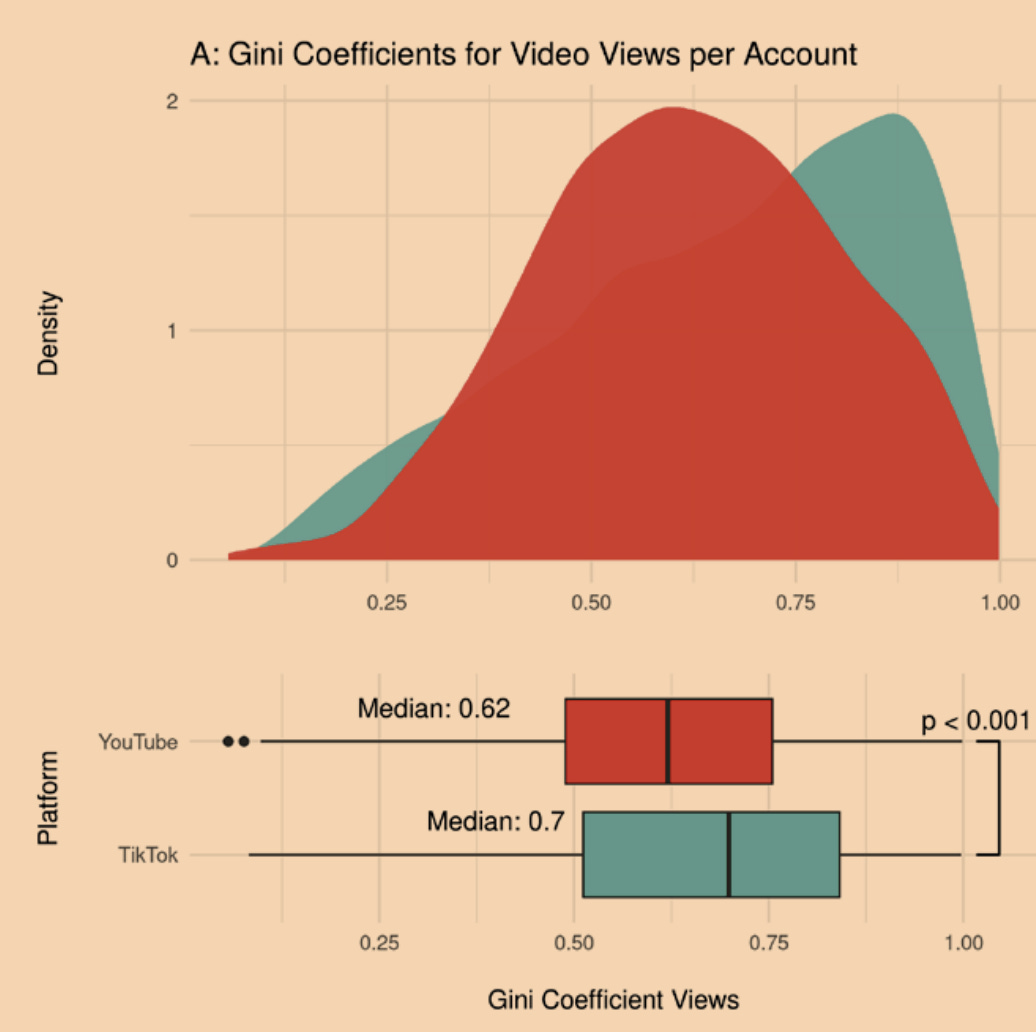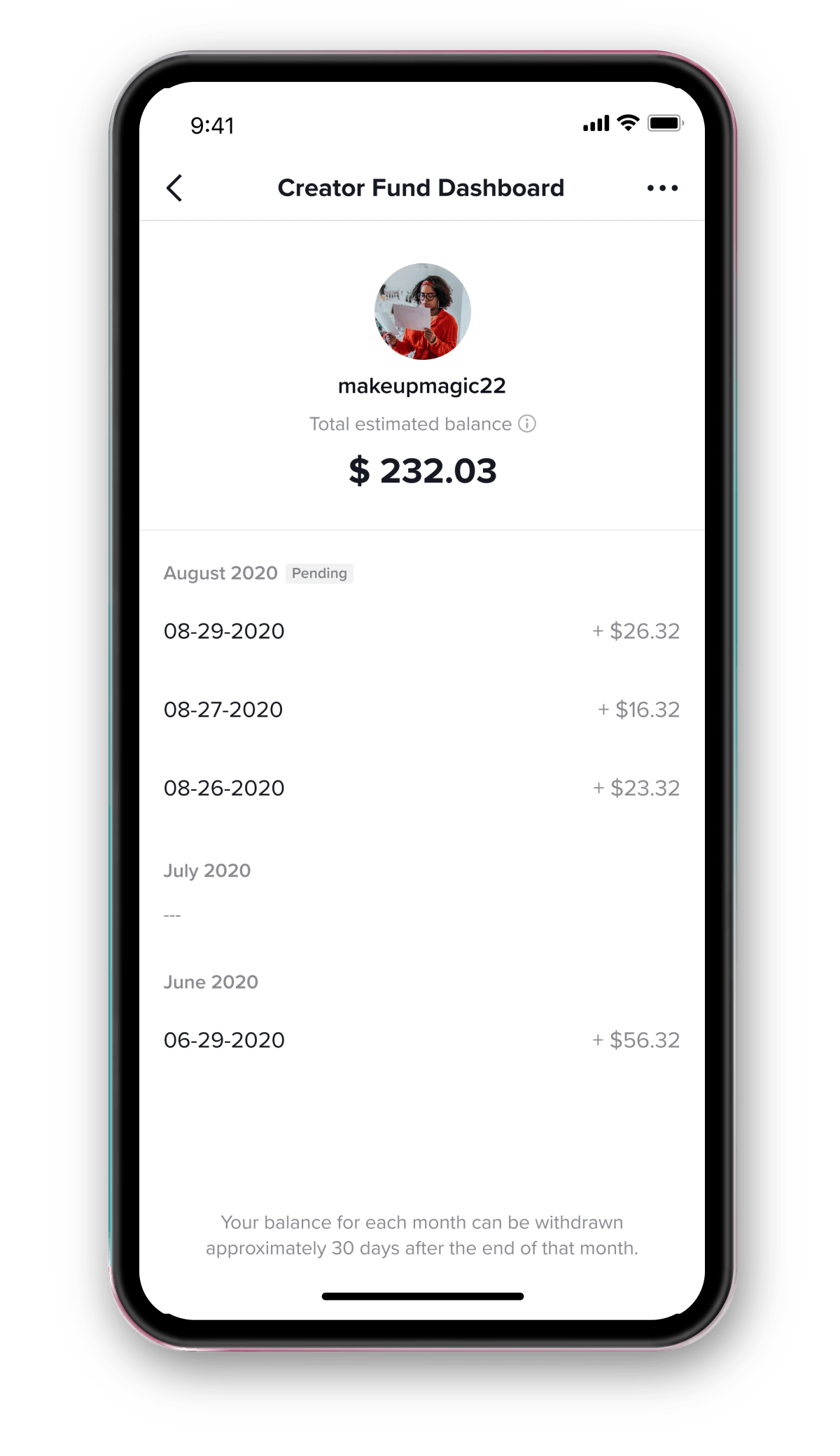You open the app and immediately the algorithm shows you what you want.
All the drivers in the world—and the algorithm someone finds the one who will get you where you want to go, as cheaply as possible!
Uber makes it harder to sustain the myth of “the algorithm.” As I wrote in Mother Jones last month, there are three inputs to the quality of a recommendation algorithm. We tend to focus on consumer data and machine learning expertise, but the third is usually the most important: the size/quality of the “content library” from which recommendations are drawn.
This is easy to think about when it comes to Uber’s “recommendation algorithm.” Geolocation has become mundane; we can at least imagine the process involved in matching drivers and riders, even if we don’t know the technical details.
The Uber recommendation algorithm works better when there are more Uber drivers, near you and willing to accept the lowest wage possible.
Improvements to the Uber recommendation algorithm therefore require interactions with systems external to the app itself: lobbying governments, dealing with lawsuits from disabled riders, breaking drivers’ unions, and even pushing for the development of cars without human drivers.
Despite all the technical flash and “new media” sheen, the same is true for TikTok.
The economists tell us that the producers of both short car rides and short-form video are “rational actors”—they derive more utility from posting/driving than from whatever else they might be doing, so what’s the problem? Both parties benefit or else the transaction wouldn’t take place.
The problem is that the profit margin of these 100-billion-dollar companies depends on running a two-sided market in which they allocate all of the benefits from this transaction to the consumers, leaving the producers with as little surplus as possible, just at the margin between quitting and continuing to work.
In our award-winning paper “Fifteen Seconds of Fame: TikTok and the Supply Side of Social Video,” my co-authors and I demonstrate that TikTok has been remarkably successful in incentivizing the production of short-form video. Compared to YouTube, a dramatically higher percentage of people who leave comments (on political videos, in our case) also produce videos for the app.
This is the basis of the magic of “the algorithm.” TikTok can only show you videos about Capricorn cottagecore carnivores because someone posted videos about Capricorn cottagecore carnivores.
The overall effect of Uber’s algorithm maximizing consumer welfare (at the expense of producer welfare) is up for debate; obviously everyone likes cheap cab rides, but there’s also something to be said for stable, comfortable employment as a bulwark against populism or even more radical politics. Citizens don’t cease to be voters when they clock in.
The situation for TikTok is different because media is not a “normal good” like cereal or cab rides—it is an “information good,” with very different properties. Most salient are evaluation (you can only check whether a TikTok is any good by consuming it — and they’re all unique) and non-rivalrous consumption (unlike a given bowl of cereal, my watching a given TikTok doesn’t mean that you can’t also watch that TikTok).
The above is true of all social media, not just TikTok. But the platform is unique in transcending the social network in favor of the recommendation algorithm. More than 2/3 of time on the app is spent on the algorithmically-generated For You Page. This makes TikTok different from YouTube, Instagram (pre-2021) and Twitter (pre-X).
The latter are truly social networks; the follower/following action is central to how information circulates. This made it possible for creators to accumulate network capital. If your account has a million followers, there’s a certain amount of exposure guaranteed for your posts. From the perspective of creators as economic actors, this ensured a degree of stability and security.
The centrality of algorithmic recommendation removes that stability. Much of the magic of “the algorithm” is the ability to force every creator to compete with every other creator, regardless of the number of followers they’ve accumulated. The “reserve army of the unverified” summoned up by the algorithm enforces precaritazation among all of the posters—just like Uber’s algorithm represents a precaritization of drivers vizaviz the previous taxi system, in which scarcity and safety was enforced by regulation.
Again, in the Uber case, the clearly benefits from lower costs. But for an “information good” like a social media post, the social welfare implications are far less clear. Certainly, many observers seem to think that our information environment is less healthy than it was in the previous, more restricted and regulated media regime.
But there’s another key way in which “the algorithm” is different on TikTok. Uber drivers don’t get addicted to driving in the way that TikTok creators become addicted to posting.
Addiction, in the economic framework, can be thought of as a persistent cognitive bias. Gamblers at a casino are obviously not maximizing their expected returns; they’d end up with more money just sitting on the couch.
The logic of variable rewards is essential to cultivating this bias in gambling addicts. The possibility of hitting it big on the next spin makes it extremely difficult to stick to rational utility maximization; this is literally the mechanism that drives BF Skinner’s operant conditioning. Natasha Dow Schüll’s classic book Addiction by Design explains how the designers of gambling machines take this logic into account to get people hooked on slot machines.
And TikTok’s algorithm works in exactly the same way. In contrast to the social network, in which explicit followers serve as the base audience for each post, TikTok increases the variance in the viewership for any given post — making it much more likely that one will go viral.
To test this, ask a young person if any TikTok post by them or someone they know has gone viral; when I do this to a class of 35 undergrads, usually one or two of them have gone viral themselves. But then ask the same about a post on any other platform. You’ll find that this is much rarer, and that the possibility of going viral is explicitly part of the appeal of TikTok.
Or if you prefer peer-reviewed quantitative analysis, our paper finds significantly higher inequality in the viewership for a given account on TikTok than on YouTube.

So this is the central engine of TikTok, and another way in which “the algorithm” is different here than for Uber: creators are actually posting an irrational amount, investing more time and energy than they rationally should, because they are mistaken about the costs and benefits. Going viral is like the high of winning a big bet, or like the high of getting high: it programs you mostly to want to get high again.
Karthik Srinivasan provides quasi-experimental evidence that this is the case:
“After going viral, producers more than double their rate of content production for a month.”
Many states have a monopoly on gambling — and they still buy ads, in order to make their citizens make a mistake.


That’s terrible — but we shouldn’t replicate it for TikTok, the Uber…but for human communication.

{ 12 comments }
steven t johnson 03.26.24 at 3:43 pm
Not being a subtle thinker, it’s difficult for me to follow the logic of banning Tik Tok. Part of the problem is that I can’t see at all how Tik Tok is that different from You Tube. Why should there be favorites guaranteed exposure proportional to their established audience? (Barring those who subscribe, I should think.) For that matter, I’m not sure how this differs from algorithms used by search engines like Google. And thus I’m not sure about selecting Tik Tok, not seeing its unique badness.
The rest of my difficulty is that the OP seems to largely describe a natural monopoly situation. I am aware that it is not an accepted principle of economics that natural monopolies should be either owned or closely regulated by state authority (the more responsive to the majority the better, a point also not widely accepted by economists.) Instead the argument seems to be, despite finding problems to at least regulate, to abolish. I suppose technically this doesn’t count as censorship of a communication platform, since it doesn’t single out any specific content.
steven t johnson 03.26.24 at 3:51 pm
PS Sorry, forgot to add that I’m not sure how the lure of maybe going viral prompts excessive investment by posters doesn’t seem to be a Tik Tok problem. It seems to me it explains why Hollywood financiers like to invest big bucks hoping for a blockbuster that showers profits down on them, starving midrange budgets for movies that don’t promise such returns. And why indie low-budget producers are expending more effort than is truly rational, which I suppose is why the arty types self-select for indie productions?
At any rate, the tendency to buy more lottery tickets when the jackpot swells to gigantic proportions seems again to be an argument more for regulating…and the argument for abolition must rely on whether black market/gray market/illegal “production” of videos is not sufficiently an issue.
Dave W. 03.26.24 at 5:52 pm
According to Cory Doctorow’s Theory of Enshittification, platforms may temporarily seek to gain users or producers by creating a good experience for them, but ultimately they seek to lock in both with network effects, at which point both experiences go to shit as the platform seeks to extract as much value as it can from the transactions for itself and its investors. So even if Uber is maximizing consumer value now at the expense of drivers, that should be seen as a temporary state of affairs until they can lock in the consumers and maximally exploit both users and drivers.
Alex SL 03.27.24 at 2:58 am
If an argument can be made that Tik Tok is significantly more addiction-inducing than other social media platforms because of how its specific algorithm works, that would at least provide a more logical and ethically defensible argument than that it is run out of China, which implies that selling off user data or handing it over to a surveillance state and influencing elections or plebiscites and getting users addicted is all acceptable and fine as long as it is done by a US company. Question is, is that the argument, or will it be rationalisation for decision makers whose real motivation is “us good, China bad”?
reason 03.27.24 at 2:21 pm
stephen t johnson @1
“I am aware that it is not an accepted principle of economics that natural monopolies should be either owned or closely regulated by state authority (the more responsive to the majority the better, a point also not widely accepted by economists.)” – seriously? Why do you think this? Which economists are you talking about?
Vasilis V 03.27.24 at 9:22 pm
@alex sl: what difference does it make what their motivation is? Tik Tok is vile for all the reasons explained excellently in the OP
Revenant 03.28.24 at 3:39 pm
Gambling is rational for the poor. The marginal utility of a dollar is zero, in terms of amassing enough capital to leave behind wage labour. Except for the very poor, it is also zero in terms of subsistence living. Whereas it buys a small but finite chance of winning a capitalist life.
Perhaps there is something similar happening in TikTok? If your time is so worthless you can spend it to make videos nobody will watch of your gurning, perhaps there is no rational alternative use of that time with a higher expected return than hoping to go viral?
somebody who remembers where the vine boom came from 03.28.24 at 6:00 pm
this analysis is interesting – the different-shaped curves for viewership is very provocative. however, there is one key factor that is not addressed. that is: how easy it is to produce any kind of video. tiktok comes packaged with a full suite of editing tools, music and sound effects, fonts for captions, and gives it all to the creator for free, and updates it constantly to make it more accessible and easy to use. youtube’s video editing suite is worthless, doesnt work, and just about every question about it is answered with a shrug and “maybe buy an adobe premiere license”. making videos is fun and tiktok, like vine before it, had its phenomenal success in part because it provided simple tools for free. tiktok wants everyone to post on it even if they’re poor. youtube wants people who are running a video editor program and paying professional youtube video editors.
steven t johnson 03.29.24 at 1:34 pm
reason@8 Basically this asks for a scientific survey of the economics profession. This may be effective rhetoric but the better retort would have been, what about X and Y and Z, those well known economists advocating for public ownership or close regulation? It turns out there are no eminent economists, especially those in positions close to the powerful, who do this, not to my knowledge. The ones I do know of, which is pretty much limited to Dean Baker and Michael Hudson, are notable largely as irrelevant mavericks no economist need take seriously. (Crooked Timber’s John Quiggin I remember largely for advocating the principle of opportunity cost and a determined opposition to MMT.)
If the principle of public ownership of natural monopolies is widely advocated by the economics profession, the message isn’t getting out to the ignorant public (that’s me.) But it seems quite unfair to blame me for that.
Alex SL 03.31.24 at 10:45 pm
Vasilis V,
Because being fair and not xenophobic is a virtue. Because Facebook and Truth Social also vile, yet the USA aren’t going to force them to change ownership under threat of being outlawed.
Note also that the currently proposed solution is, to my understanding, for Tik Tok USA to be sold so it isn’t held by a Chinese owner anymore, which implies that the nature of its algorithm isn’t the underlying concern, only hatred of China is.
I am reminded of the opinion pieces we get in newspapers every few months that express disbelief and horror at the observation that soon 50% of global economic activity will take place in Asia. The thing is, 50% of the world population is in Asia, so what is the problem? The problem seems to be that to some of us, the natural state of the world is that Asian nations must forever remain poor and powerless and, in this context here, don’t own social media companies, and majority-white nations must forever be the most powerful and most rich and own everything of importance. As the saying goes, to the oppressor equality feels like oppression.
(Disclaimer: pointing out hypocrisy because the influence of Facebook has been malign and because US economic and foreign/war policy over the last few decades have caused unnecessary suffering for many vulnerable people worldwide does not imply a defense of all policies of the current Chinese government; it is merely an observation of hypocrisy.)
John Q 04.01.24 at 2:18 am
Overweighting small probabilities for extreme (in the sense of best possible) outcomes, like going viral on TikTok is a central part of prospect theory, developed by Kahneman (about whom I just posted) and Tversky
John Q 04.01.24 at 2:22 am
Revenant @7
You have rediscovered the theory of gambling put forward by Milton Friedman and LJ Savage in 1948. It’s appealing, but has some big problems. For example, in your presentation, it implies that it’s rational to bet all your wealth/income in excess of the subsistence level at the longest odds you can find. That’s not what we actually observe.
Comments on this entry are closed.